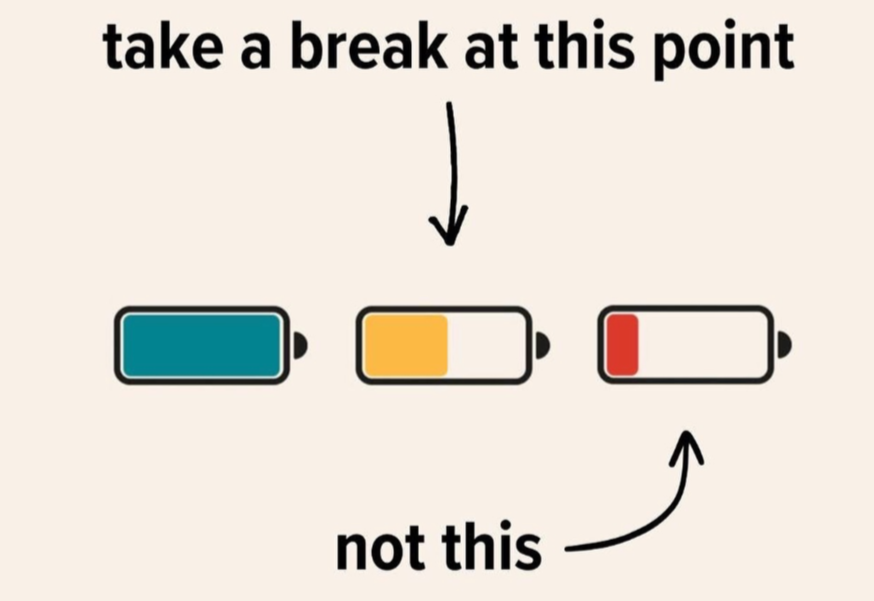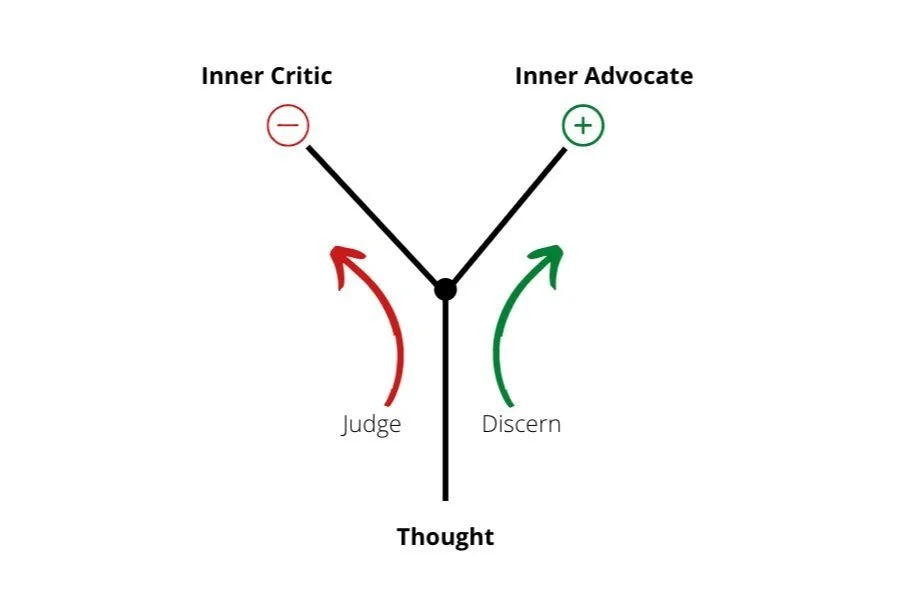3 Ways to Overcome Perfectionism’s Hidden Challenges.
Perfectionism
Perfectionism, that unrelenting pursuit of reaching a state where we can rest easy, look back on flawless work, and feel satisfied - or maybe even relieved. And what then? We inevitably encounter the next thing we need to be perfect. Because the very fabric of what drives you is to achieve something without defect. Perfectionism is both a gift and a barrier; the high standards can result in amazing achievement, but the relentless pursuit can have negative consequences on us and those around us.
What Causes Perfectionism?
Brain imaging studies reveal something fascinating about the perfectionist mind. People who worry excessively about mistakes and constantly second-guess their actions have more gray matter in a region called the anterior cingulate cortex, an area responsible for error detection (Springer Nature Link). Think of it as your brain’s hypervigilant quality control department, constantly scanning for errors and managing emotional responses to perceived mistakes. While this drives high-quality output, it also creates exhausting mental loops, draining us and triggering self-criticism and doubt.
3 Traits, 3 Hacks
1. Productivity Obsession
Perfectionists typically measure a good day’s work by how much and how well things get done. A good day is a productive one where work is near-perfect, and when that target isn’t attained, they are inevitably left in a negative mindset. This hyperfocus engages the Task Positive Network (TPN), your brain’s ‘action mode’ for goal-directed tasks. The TPN is key for focused attention, but when it’s in overdrive, we become obsessed with tasks, overwork, and neglect ourselves. Meanwhile, the Default Mode Network (DMN), responsible for self-reflection and creativity, gets suppressed. Studies show healthy minds need both networks in balance. When perfectionists stay stuck in TPN, there’s an imbalance, and we can become mentally rigid and burned out (Orman Physician Coaching).
🔧 Hack #1: Create a Mental Switch.
After intense mental effort, intentionally activate your DMN. Allow your mind to wander freely by walking on the beach, sitting in nature, or doing a jigsaw puzzle. A balanced mind performs better, so engage both networks.
2. The Inability to Recharge
I don’t know about you, but my brain never seems to stop! I love analysing, improving, and reflecting. It feels productive, but it can become exhausting. When our brains never get a break, the prefrontal cortex goes into overdrive. Think of the prefrontal cortex as a smartphone battery - while it can do a lot, it is taxing on the brain and needs regular replenishment… it needs to be recharged to function at its best (Medical News Today). The key takeaway? A busy, overworked mind can lead to a depleted and critical mindset, and a drained brain often doesn’t perform optimally.
🔧 Hack #2: The Productivity Recharge
Think of mental rest like plugging your phone into a fast charger. There are loads of ways to do this, but if you have a busy schedule, recharge by simply spending 5 minutes engaging one of your 5 senses: Listen to music, watch clouds, walk and feel the breeze. Prioritise mental recovery - your mind will love you for it.
3. The Inner Critic Takes Charge
Our inner critic can push us to succeed, but it can also torment us. It is often relentless, driving us to avoid mistakes but putting a serious dent in the perfectionist’s self-worth along the way. And what typically happens in response? You push yourself harder. The inner critic’s harsh voice stems from the brain’s negativity bias, linked to the amygdala. This part of your brain helps you avoid danger, but it often stores negative inputs more deeply than positive ones. For perfectionists, that makes mistakes feel catastrophic, while wins barely register.
🔧 Hack #3: Recruit Your Inner Advocate
The Inner Advocate is a kinder voice that challenges the Inner Critic. It’s an intentional mode of thinking advocating for what’s most resourceful for you. It’s not that the Inner Critic can’t help or motivate us, but its judgmental, overbearing tone often becomes hypercritical and unhelpfully wears us out. Rebutting this with the Inner Advocate, on the other hand, brings flexibility, calmness, and perspective to the perfectionist brain.
The Bottom Line
If you find perfectionism exhausting, try looking at it through a new lens. You’ll never fully scratch the itch - it’s part of how you’re wired. True change comes when you accept the trait, acknowledge it doesn’t always serve you, and learn to work with it. Understand it. Manage it. Keep it in check. Because when used wisely, perfectionism is a gift worth sharing, not a burden worth carrying.




